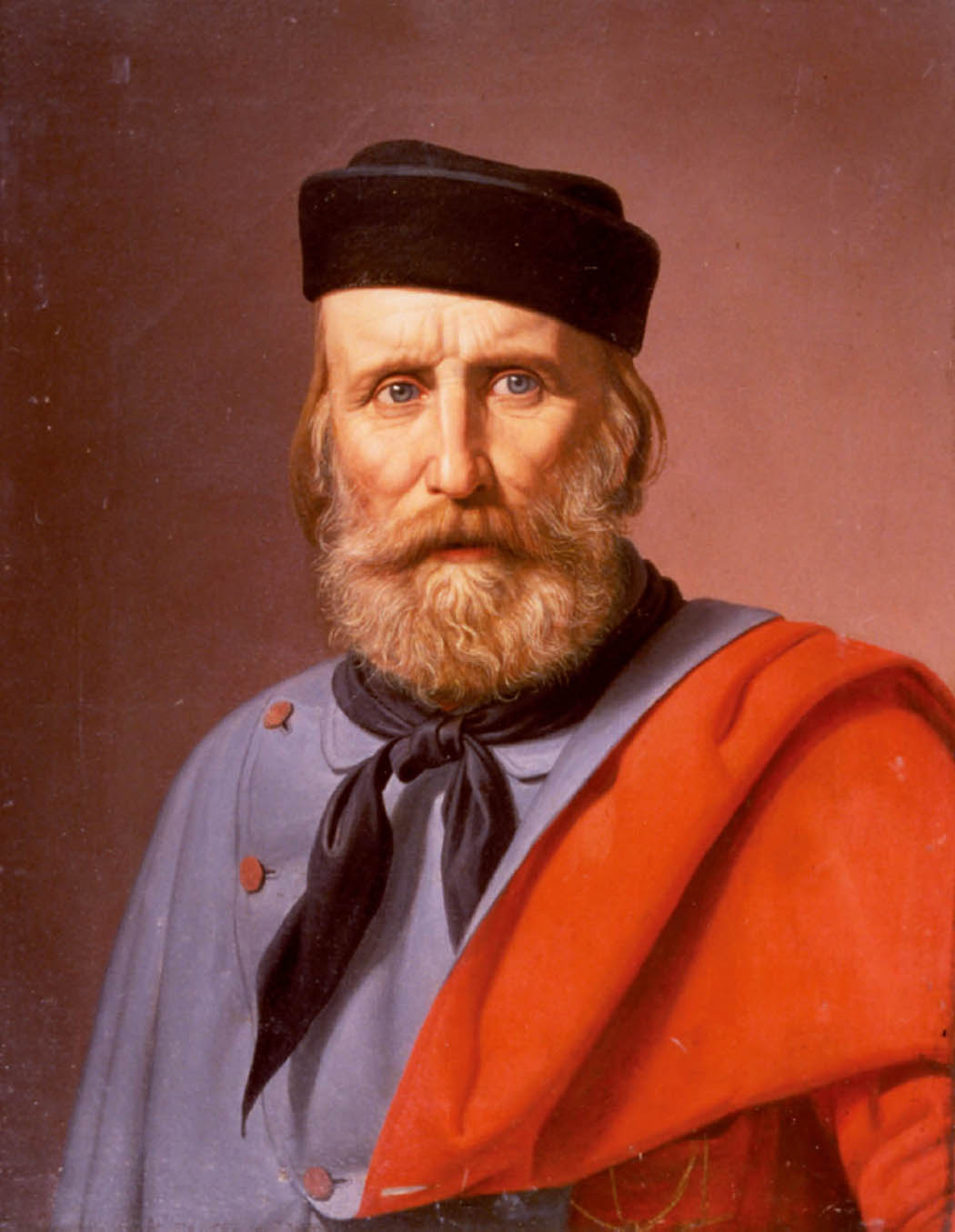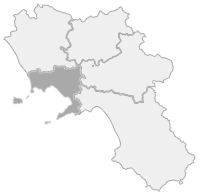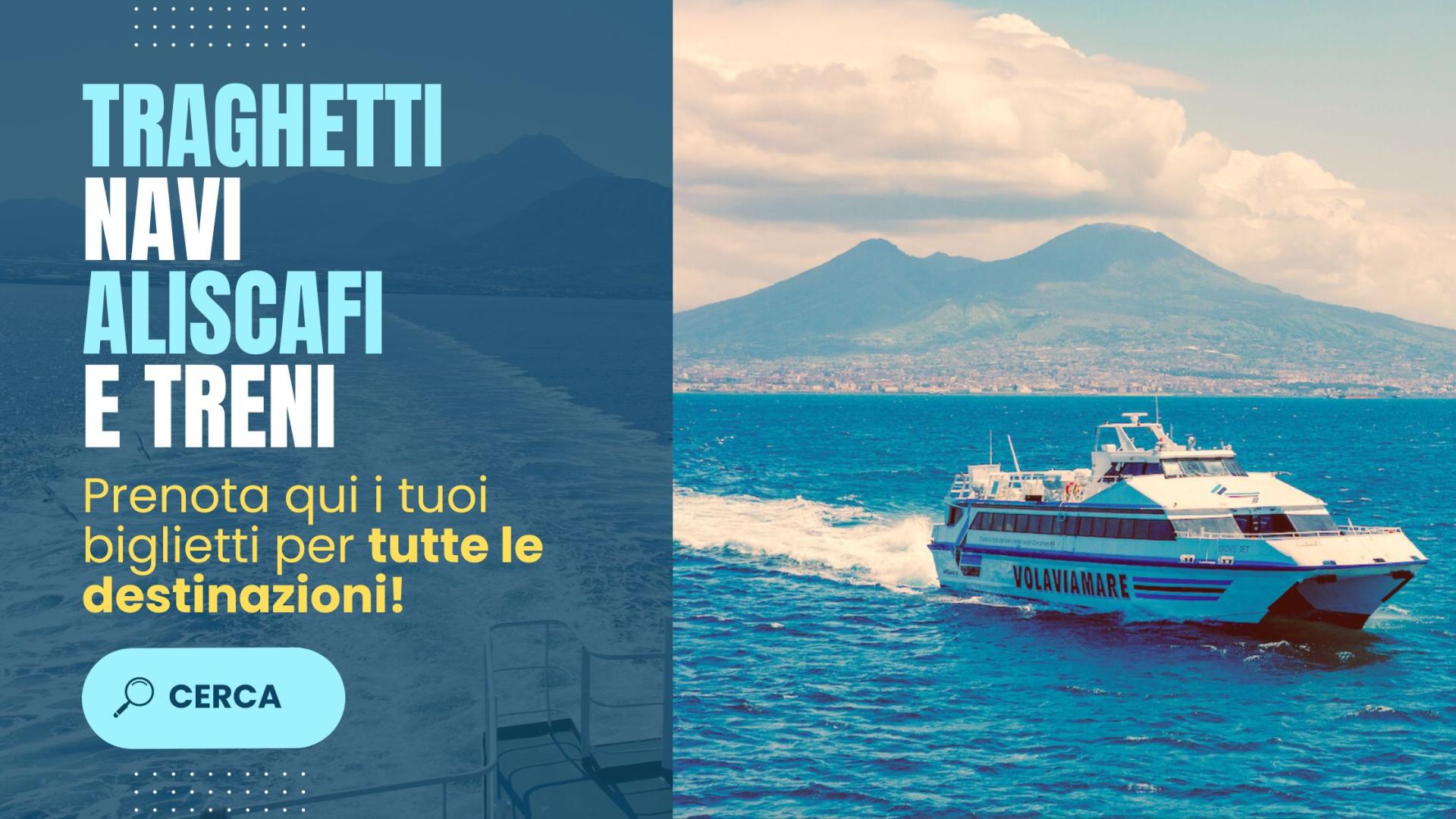The Hero of the Two Worlds was born in Nice, already French, from an Italian family on 4th of July 1807. Boarded as a ship’s boy, over the years he was able to command his ship and in 1833, he enrolled in the “Young Italy” of Giuseppe Mazzini. In 1834, he participated in a first revolt in Savoy, which failed. He then had to escape while he was already sentenced to death.
 In 1835, he boarded on a ship to Rio de Janeiro. In South America, he took part in the war for the liberation of the Rio Grande do Sul. In 1842 at Montevideo he married Anita Ribera, with whom he was sharing ideals and battles. He returned to Italy in 1848, disembarking in Nice. In the first War of Independence he conquered Varese and brought other successes. In October, on the way to Sicily, he stopped in Rome in order to support the new born Roman Republic. When the Republic fell, moving northward, he lost his wife Anita. When he reached Piemonte, where he was expelled from in 1849, he started a new exile at Tangier first and then in New York, before starting again sailing over the world. He returned to Europe in 1854 and met Cavour. He adhered to the National Society. He led military actions during the second war of independence and he met Victor Emmanuel II. Peace made, the relationships with the Piedmontese reign cooled and he withdrew in Caprera. When the good news of a revolution in Palermo arrived, Garibaldi organised the expedition of the Thousand, leaving from Quarto during the night between the 5th and the 6th of May 1860 and landing at Marsala on 11th of May. Having conquered Sicily, he crossed the Strait of Messina and went to the north crossing Calabria and reaching Naples, which he occupied on 7th of September. He won the decisive battle of Volturno against the Bourbon army on 1st and 2nd of October 1860, prelude of the historical meeting at Teano on 26th of October with King Victor Emmanuel II, with whom he entered Naples on 7th of November. On the 9TH of November, he retreated again in Caprera. In 1862, landed again in Sicily with his men and returned to Calabria, hoping to repeat the advance in the south in order to reach, this time, Rome, still stranger to the Unification of Italy, he was stopped in the Aspromonte Mountains on 29th of August, wounded in the leg and imprisoned. When he obtained the amnesty in march 1864, he moved to London, where he was welcomed as a hero. During the same year, Casamicciola hosted Giuseppe Garibaldi from 19th of June to 19 of July. The first five years at the Manzi thermal baths, and then to the actual Villa Parodi-Delfino. On arrival, aboard the yacht “Undine” of the duke of Sutherland, a large crowd greeted him on the notes of the Music Band of Forio. The mayors of Casamicciola, Ischia and Forio, while the institutional authorities visited him during the following days. Garibaldi went to Ischia under the pretext of the thermal baths to heal the wound of Aspromonte, in to organise diplomatic and military actions in order to complete the Italian Unification with Rome and Venice. In fact, one of the most important meetings regarding the Italian History is the 2nd of July 1864 one, at Villa Zavota (now Villa Parodi), when Garibaldi called – as well as Parties, Movements and Associations favourable to the completion of the Italian Unification – even the different Italian Masonic Lodges with the hope to see them solid in the name of the common goal. However, the meeting did not lead to an agreement of the lodges and Garibaldi, in a short time, resigned from the two lodges, which he was a member of. Another important meeting was the one with the colonel Salvatore Porcelli, sent by the king, in order to support Victor Emanuel II for the cause Garibaldi was working on. During that occasion, the General commissioned Porcelli to buy a ship for future military actions. The necessary money came from the royal house. Unfortunately, the project failed and Garibaldi left the island with no result.
In 1835, he boarded on a ship to Rio de Janeiro. In South America, he took part in the war for the liberation of the Rio Grande do Sul. In 1842 at Montevideo he married Anita Ribera, with whom he was sharing ideals and battles. He returned to Italy in 1848, disembarking in Nice. In the first War of Independence he conquered Varese and brought other successes. In October, on the way to Sicily, he stopped in Rome in order to support the new born Roman Republic. When the Republic fell, moving northward, he lost his wife Anita. When he reached Piemonte, where he was expelled from in 1849, he started a new exile at Tangier first and then in New York, before starting again sailing over the world. He returned to Europe in 1854 and met Cavour. He adhered to the National Society. He led military actions during the second war of independence and he met Victor Emmanuel II. Peace made, the relationships with the Piedmontese reign cooled and he withdrew in Caprera. When the good news of a revolution in Palermo arrived, Garibaldi organised the expedition of the Thousand, leaving from Quarto during the night between the 5th and the 6th of May 1860 and landing at Marsala on 11th of May. Having conquered Sicily, he crossed the Strait of Messina and went to the north crossing Calabria and reaching Naples, which he occupied on 7th of September. He won the decisive battle of Volturno against the Bourbon army on 1st and 2nd of October 1860, prelude of the historical meeting at Teano on 26th of October with King Victor Emmanuel II, with whom he entered Naples on 7th of November. On the 9TH of November, he retreated again in Caprera. In 1862, landed again in Sicily with his men and returned to Calabria, hoping to repeat the advance in the south in order to reach, this time, Rome, still stranger to the Unification of Italy, he was stopped in the Aspromonte Mountains on 29th of August, wounded in the leg and imprisoned. When he obtained the amnesty in march 1864, he moved to London, where he was welcomed as a hero. During the same year, Casamicciola hosted Giuseppe Garibaldi from 19th of June to 19 of July. The first five years at the Manzi thermal baths, and then to the actual Villa Parodi-Delfino. On arrival, aboard the yacht “Undine” of the duke of Sutherland, a large crowd greeted him on the notes of the Music Band of Forio. The mayors of Casamicciola, Ischia and Forio, while the institutional authorities visited him during the following days. Garibaldi went to Ischia under the pretext of the thermal baths to heal the wound of Aspromonte, in to organise diplomatic and military actions in order to complete the Italian Unification with Rome and Venice. In fact, one of the most important meetings regarding the Italian History is the 2nd of July 1864 one, at Villa Zavota (now Villa Parodi), when Garibaldi called – as well as Parties, Movements and Associations favourable to the completion of the Italian Unification – even the different Italian Masonic Lodges with the hope to see them solid in the name of the common goal. However, the meeting did not lead to an agreement of the lodges and Garibaldi, in a short time, resigned from the two lodges, which he was a member of. Another important meeting was the one with the colonel Salvatore Porcelli, sent by the king, in order to support Victor Emanuel II for the cause Garibaldi was working on. During that occasion, the General commissioned Porcelli to buy a ship for future military actions. The necessary money came from the royal house. Unfortunately, the project failed and Garibaldi left the island with no result.
In 1866, he participated with his volunteers in the third war of independence? which led to the annexation of Veneto to the Savoy State. Garibaldi wanted to proceed towards Rome, but he was stopped in Tuscany and boarded in direction of Caprera. In 1870, he left the island in order to defend Dijon. Deputy in different legislatures in the Italian parliament, he focused on writing historic books and novels. He died in Caprera on 2nd of June 1882.




Comments powered by CComment